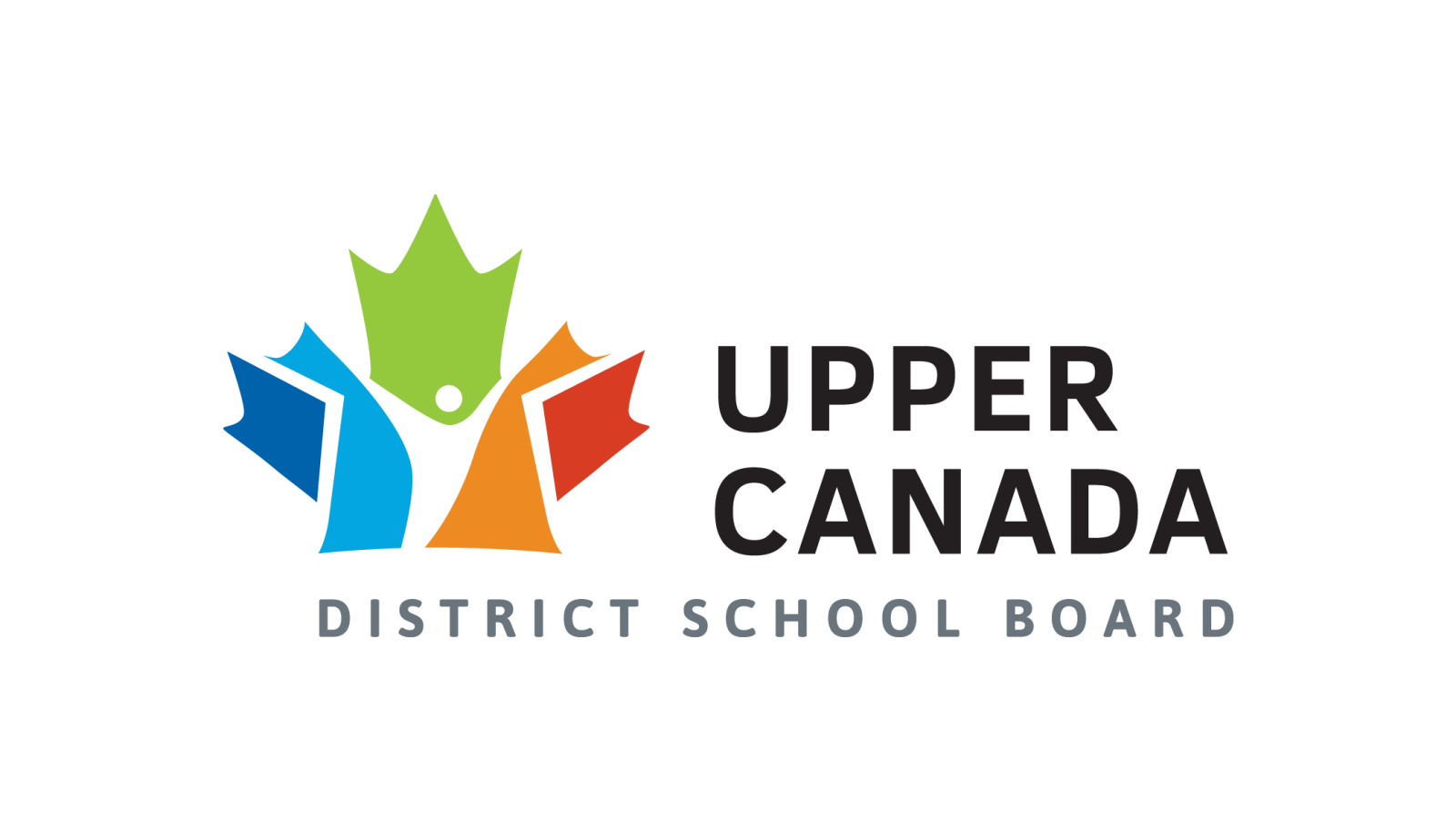Trustees at the Upper Canada District School Board received an update at the September 13 board meeting on their motion from late 2022 to work on switching secondary school students to a later start time. The move proposed then would see elementary classes (Kindergarten to Grade 6) begin at 8 a.m. and secondary school students (Grades 7-12) begin at around 9:30 a.m.
Trustee David McDonald proposed the original motion citing studies that show that student attendance and lateness, as well as attentiveness in secondary school is impacted by the earlier start time. Currently the start times are opposite what is proposed.
The report to the board said that the UCDSB’s stakeholder groups so far have not opposed the changes.
“There’s no overwhelming push back,” Carleton Place High School principal Casey Nelson told the board.
So far the UCDSB has consulted with its Parent Involvement Committee, Special Education Advisory Committee, and labour unions involved with the board.
Nelson said that in stakeholder discussions, he has made sure to present the science involved to back this move.
“There’s an opportunity to really adjust student wellness with one fix, and impact potentially 27-28,000 [students] with that adjustment,” Nelson explained.
The move to change start times will take a while to complete as it requires the Catholic District School Board of Eastern Ontario to join in the changes. The two boards own the not-for-profit transportation consortium Student Transportation of Eastern Ontario.
Over a three year period, the two boards harmonized their start times for all 117 schools within their boards (77 UCDSB, 40 CDSBEO.)
Director of Education Ron Ferguson said the board has started the conversation with the Catholic board but a more formal consultation is needed.
“Those conversations have begun,” he added.
Consultation with STEO is also required.
According to information presented at the board, one-in-three teenagers in Canada does not get enough sleep, which reduces academic achievement, school activity, mental health, and increases the number of motor vehicle accidents.
A survey of UCDSB students found that nearly four-out-of-five intermediate and secondary school students report that they feel tired often or all the time. More than one-third of students reported being absent because of sleep.
This article was originally written for the Morrisburg Leader.



